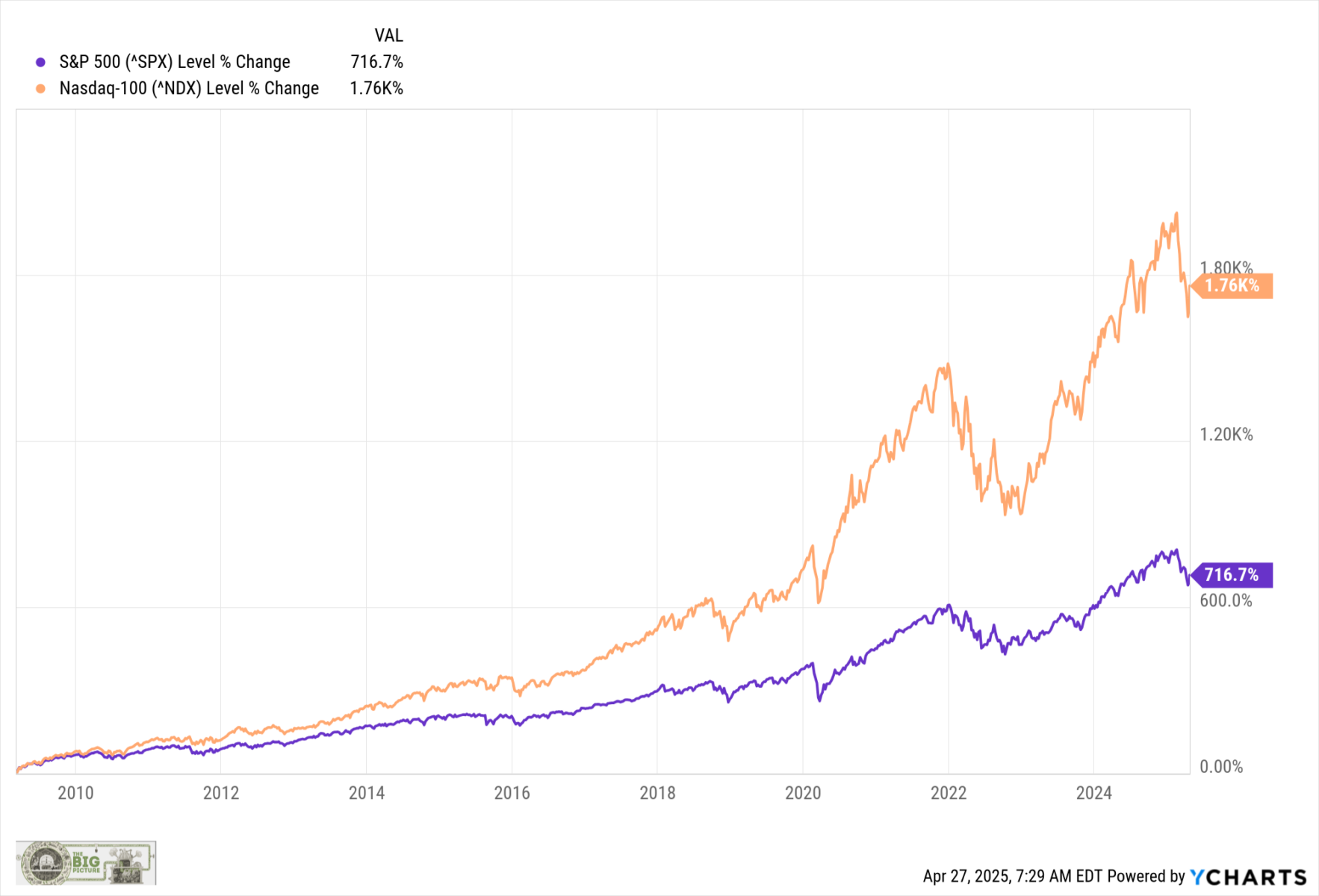DeepSeek Seeks Talent for Next-Gen AI Products
DeepSeek, a prominent Chinese startup making waves in the artificial intelligence (AI) sector, is actively recruiting for a pivotal product role as it transitions from a research-focused entity to a commercially-driven company. This shift marks a significant moment in the companys journey, emphasizing the increasing importance of product management in the advancement of AI technologies.
In a recent job announcement made on its official WeChat account, DeepSeek indicated it is on the lookout for candidates to fill a 'product and design' role within its teams stationed in Beijing and Hangzhou. The urgency of the hiring process was underscored in the job notice, though it remains ambiguous whether this refers to a single position or multiple openings. The company is eager to involve new team members in the creation of what they describe as the 'next generation of intelligent product experience,' leveraging the capabilities of large language models.
Eligible applicants should possess a background in product management and demonstrate proficiency in both product and visual design, according to the job listing. This move aligns with the companys broader strategy to hire top talent as it expands its operations and technological capabilities.
In addition to the product and design role, DeepSeek is also seeking candidates for other crucial leadership positions, including a chief financial officer and chief operating officer, although these roles have not been designated as urgent. The company is actively working on boosting its research and engineering teams, as evidenced by other job postings on its WeChat account.
This recruitment drive represents a transformative pivot for DeepSeek, which has historically concentrated on fundamental AI model research. Notably, the firm recently launched an enhanced version of its open-source V3 large language model, which significantly improves its reasoning and coding abilities.
DeepSeek was founded in 2023 by Liang Wenfeng, a visionary entrepreneur who garnered attention in January for introducing a cost-effective reasoning model called R1. The startup asserts that R1 is competitive with leading models like OpenAI's GPT-4, but at a substantially lower price point. This claim has sparked considerable interest and debate within the tech community.
According to an analyst who spoke to Business Insider earlier this month, DeepSeek's latest releasesparticularly the R1 and the anticipated R2 modelrepresent a crucial turning point for China's AI ambitions. Wei Sun, principal analyst for AI at Counterpoint Research, remarked that these models not only match global performance standards but are also made available as open-source under the permissive MIT License, a significant factor that could disrupt the current landscape.
This open-source approach stands in stark contrast to the typical closed-source models utilized by leading companies in the United States, which often monetize their offerings through APIs or enterprise licenses. In contrast, DeepSeek's models, including R1 and V3, are freely accessible for anyone to download, modify, and integrate into their systems.
Despite the excitement surrounding DeepSeek's advancements, the company has remained tight-lipped about the development of its next-generation R2 model. In the context of rising costs and ongoing semiconductor shortages, many Chinese firms are prioritizing AI integration and consolidation strategies to maintain a competitive edge in the market.
Notably, Tencent has already adopted DeepSeek's R1 model across its expansive ecosystem, which includes WeChat, the largest social media platform in China with approximately 1.4 billion users. Additionally, Baidu has integrated the R1 model into its search engine, showcasing the growing influence of DeepSeek's technology.
While the specifics of DeepSeek's hiring process are not extensively detailed, founder Liang has expressed a clear preference for creativity over extensive experience during recruitment. In a 2023 interview with Chinese tech outlet 36KR, he stated, 'Experience is not that important,' emphasizing the value of basic skills, creativity, and passion in potential hires. He noted that many technical positions are filled by recent graduates or those with just a year or two of experience.
The surge in demand for product managers reflects a broader trend within the AI industry. In the United States, the role of product managers is becoming increasingly vital as companies seek to bridge the gap between rapidly evolving AI technologies and the practical needs of users. Frank Fusco, a former product manager who has transitioned to CEO of the software company Silicon Society, pointed out that 'the future really does belong to product managers.'
As AI technologies become more adept at coding and engineering tasks, there is an opportunity for product managers to expand their influence. Major tech players like OpenAI are currently looking to fill multiple product manager roles across their New York and San Francisco offices, and Anthropic is also on the lookout for product-related positions.
However, not all tech companies are uniformly embracing this trend. Some, such as Microsoft, have begun to reconsider their reliance on product managers, aiming to boost the number of engineers relative to management roles. Other firms, including Airbnb and Snap, have similarly reevaluated the necessity of product managers in their organizational structures.


















